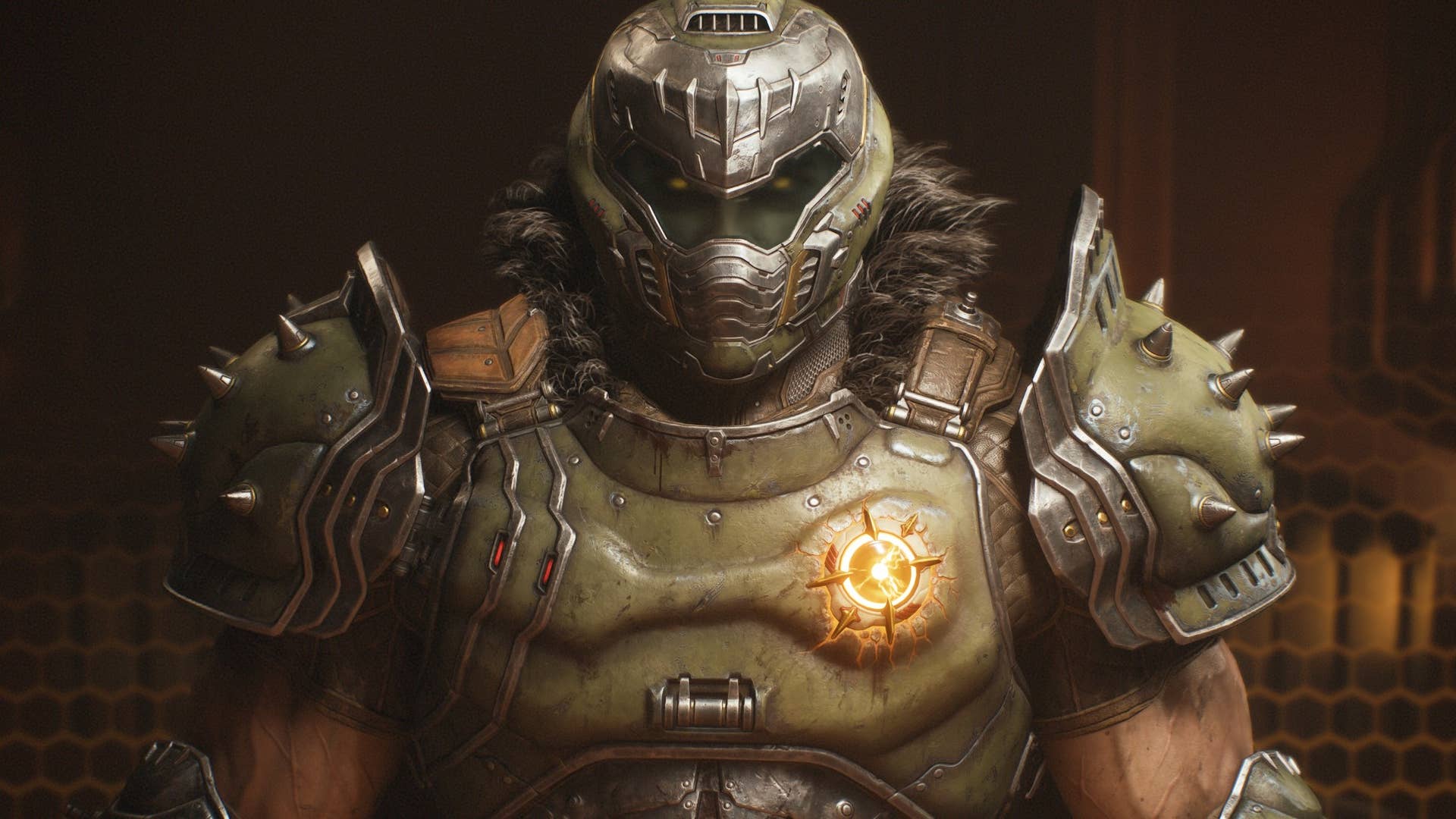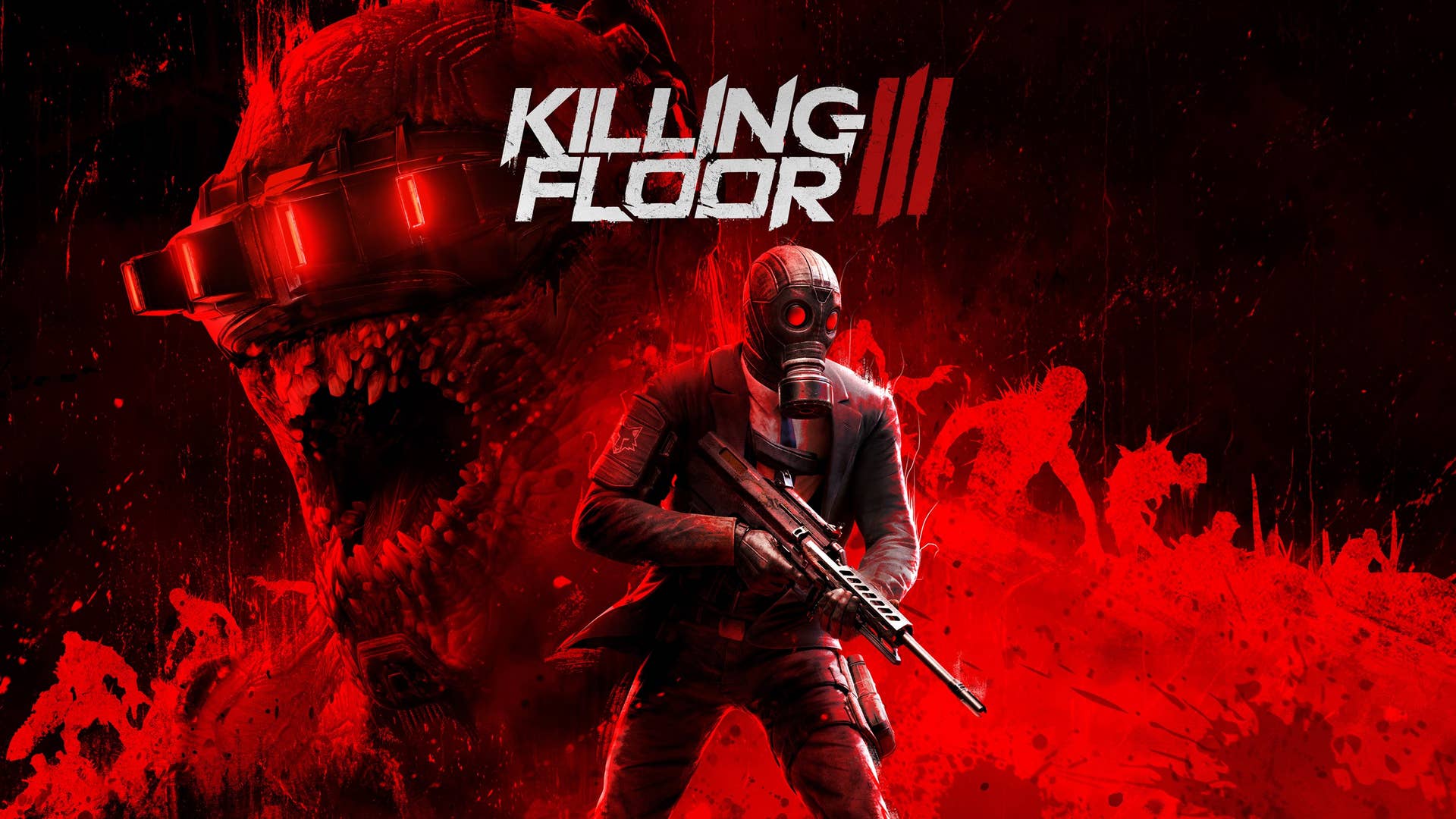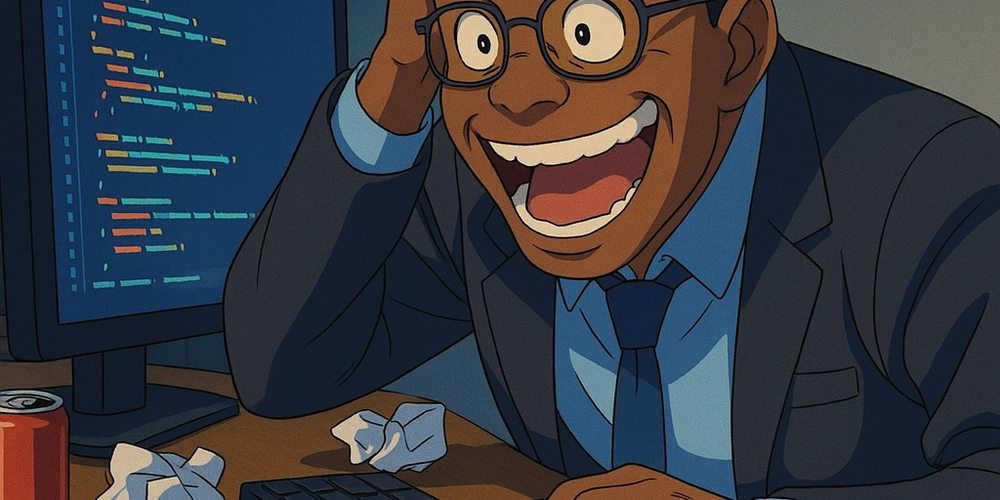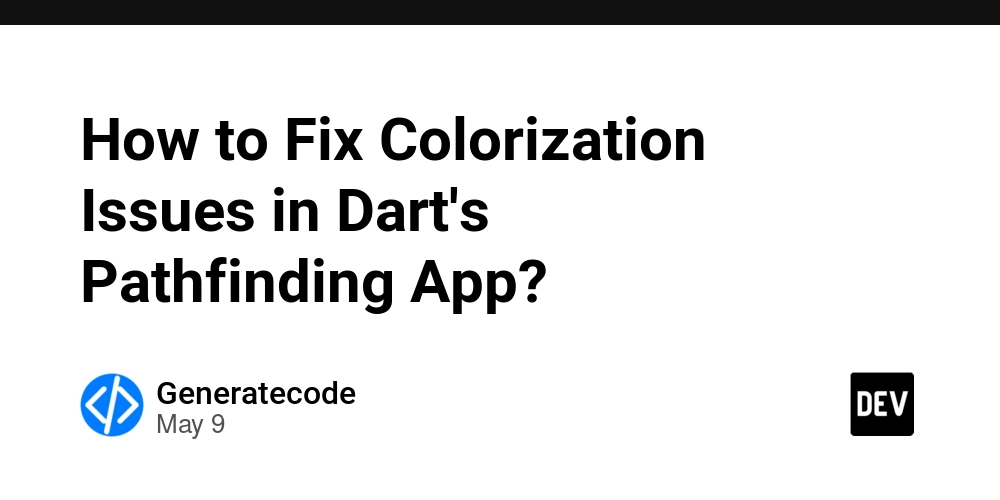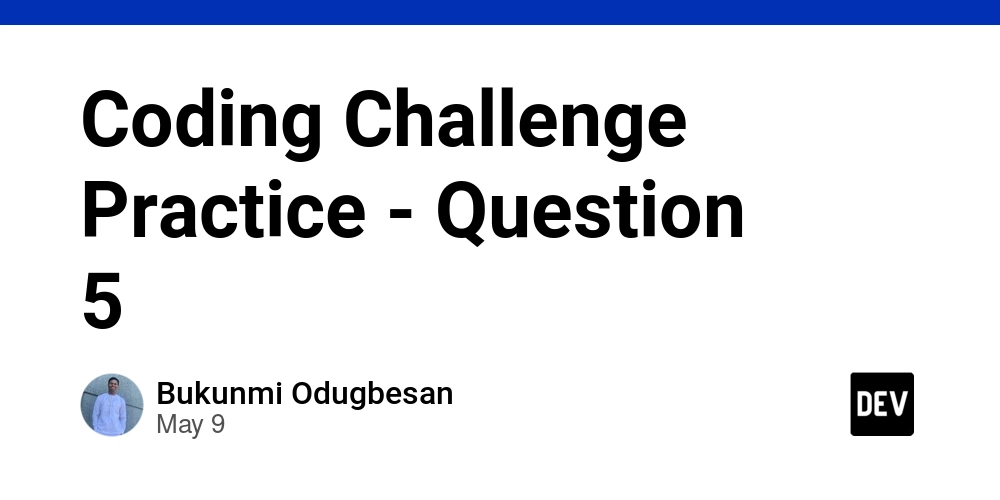The Hidden Cost of 'Free' AI: What You're Really Losing When You Ask ChatGPT
The post The Hidden Cost of 'Free' AI: What You're Really Losing When You Ask ChatGPT appeared first on Android Headlines.


When you ask ChatGPT for a recipe, an Excel formula, or a product recommendation, it feels like magic—instant answers, no scrolling, no ads. But that magic comes with a hidden price tag we’re all about to pay.
What if I told you that every time you ask ChatGPT for an answer, a website dies a little?
The convenience of AI makes it feel free, even magical. But it’s not. The models powering those instant responses were built on the backs of millions of writers, artists, journalists, and creators—most of whom were never asked, never paid, and now find their livelihoods quietly evaporating.
This isn’t just a copyright issue. It’s a slow bleed of the internet’s soul. A death by a thousand cuts, if you will. And now, a new lawsuit from Ziff Davis, one of the biggest digital publishers on the internet, is trying to stop it before it’s too late.
Ziff Davis vs OpenAI: The Lawsuit That Could Set A Precedent

Last month, digital publishing giant Ziff Davis (owner of popular sites like IGN, PCMag, and Mashable) filed a lawsuit against OpenAI. It claimed the AI company “intentionally and relentlessly” copied its content without permission to build ChatGPT. Now, the company is seeking damages that are reportedly in the hundreds of millions of dollars.
But the weird thing is OpenAI never even tried to negotiate.
Why would OpenAI make a deal with Ziff Davis, you ask? This is because many other publishers did get deals. OpenAI has licensing agreements with publishers such as The Associated Press, The Atlantic, The Financial Times, Vox Media, and others, paying for access to premium content. Yet somehow, Ziff Davis—a company that owns over 45 media brands, employs 3,800 people, and publishes nearly 2 million new articles a year—was left out of the conversation entirely.
Instead of a partnership, Ziff Davis got scraped. Repeatedly.
The company says its portfolio of sites, which includes IGN, PCMag, Mashable, CNET, GameFAQs, Lifehacker, and more, generates an average of 292 million monthly visits. That’s a staggering amount of content and reach. And yet, OpenAI allegedly ignored their robots.txt directives (a way of websites telling bots like the ones Google uses “don’t crawl us”) and even stripped away copyright metadata. This is a potential violation of the DMCA.
What makes this even more serious is that Ziff Davis claims to have identified hundreds of full-text reproductions of its content in the OpenAI WebText dataset—a training manual of sorts, if you will, that helped shape the early versions of ChatGPT.
The lawsuit demands compensation, but it also calls for OpenAI to destroy any models or datasets containing Ziff Davis content, effectively rolling back any benefit gained from the alleged infringement.
This case is different from others, not just in scale, but in tone. It’s also not just about money. The company frames the issue as existential: OpenAI “seeks to move fast and break things,” gambling that by the time the courts catch up, the damage to publishers will be irreversible.
Why You, As The Reader, Should Care
You might think that this is just a fight over money, and you’d be right. Obviously, companies like Ziff Davis aren’t too happy that their content is being taken by OpenAI and repackaged without compensation. After all, this is a business. But this isn’t just about business. It’s about what kind of internet you’ll be left with when the dust settles.
Here’s the reality:
- Website traffic has dropped nearly 23% over the past year, largely due to AI tools like ChatGPT serving up direct answers that used to require a visit to a website.
- Fewer visits mean fewer ads. Fewer ads mean less money. And less money means smaller teams, fewer stories, and, in many cases, shuttered websites.
- The hardest hit? The specialized sites you rely on but rarely think about—recipe blogs, how-to guides, forums, and niche publications that help you troubleshoot your life.
When those disappear, so does the content you once found invaluable. Not because it wasn’t useful, but because AI ate the traffic.
The biggest irony in all this is that AI depends on that content to function. It only knows how to answer your questions because it was trained on the work of human journalists, bloggers, researchers, reviewers, artists, and photographers. But replacing the need to visit those sources undermines the very system that makes it useful.
Think of it like this: AI is the supermarket, and websites are the farmers. Right now, the shelves are stocked because the farmers have been working for decades. The supermarket never actually made any of that produce. And now, one by one, the farms are shutting down.
So, what happens next?
- AI scrapes existing content
- Website traffic drops
- Creators lose income and stop producing.
- New content dries up.
- AI’s answers get worse, not better.
This is the hidden cost of “free” AI. We’re essentially giving up a diverse, creator-driven internet for bland, corporate summaries in the name of speed, efficiency, and convenience. And once that ecosystem collapses, there’s no going back.
The Future of Content

What’s happening isn’t inevitable; it’s a choice. As we said earlier, OpenAI is forging licensing deals with a select few publishers while scraping content from everyone else. The Associated Press, Financial Times, and Vox Media got paid agreements. But what about OpenAI’s deal with Ziff Davis? They got ignored.
That silence speaks volumes. It reveals a system where access and compensation are granted arbitrarily. Only the most powerful media companies have the leverage to negotiate. And the rest? Free for all harvesting.
This exposes a very real issue: we don’t have modern rules for this new world. Fair use was written for researchers and libraries, not trillion-dollar systems scraping thousands of websites by the second.
Photographer Tim Flach, whose work was scraped to train AI image models, once described the experience as being “like a parasite sucking the light out of its host without invitation.” That’s not poetic—it’s prophetic. His photos, taken in remote, dangerous conditions, are now being imitated by machine-generated outputs that took seconds to create. No consent. No credit. And no compensation.
Google has argued that “balanced copyright” is necessary to fuel innovation. But as I wrote in my previous story, “The AI Copyright Heist: Why Google Wants to Rewrite the Rules—For Itself”, that balance is anything but fair. Spotify pays artists. Getty Images licenses photography. YouTube pays ad revenue. Some of these companies also have no problems suing individuals and websites for unlicensed use of their content, so why should OpenAI or Google get a pass?
Making the Case for Regulation
If Ziff Davis wins this lawsuit against OpenAI, it could finally force AI companies to follow the same rules everyone else already does: get consent or get a license. And if they lose, it may set the precedent that content on the internet—no matter how labor-intensive, original, or valuable—is free for the taking.
AI platforms may start by scraping helpful tutorials and quirky blogs, but they’ll end with controlling the very architecture of information. That’s what happens when creators disappear and only machines remain. AI will keep learning until there’s nothing left worth learning from.
We’ve seen this before. Pharmaceutical giants extend monopolies using legal loopholes. Big Tech is now borrowing from their playbook by weaponizing copyright ambiguity to gain control over an entire ecosystem.
If we don’t set clear regulations, a handful of AI monopolies will train on unpaid labor, replace the creators they copied, and charge us for answers they never wrote.
What Happens Next? What If Ziff Davis Loses To OpenAI?
The Ziff Davis lawsuit is more than a legal scuffle over copyright. It’s a warning that we are headed into an era of the internet run by machines that’s draining the human voices that once made it worth visiting.
If the courts side with Ziff Davis, it could set an extremely important precedent: one that recognizes creators, requires consent, and puts boundaries around artificial intelligence. It would send a message that tech giants can’t build the future by stripping away the past.
But if OpenAI wins? Then the quiet exodus will continue. Websites will go dark. Artists will disappear. Expertise will fade. And AI will become nothing more than a parrot echoing the past.
So, we have to ask ourselves an important question: Do we want an internet shaped by curiosity, creativity, and contribution? Or one curated by algorithmic convenience, where every answer is an echo and every voice sounds the same?
The Library of Alexandria didn’t vanish in a single night. It faded, burned, and was forgotten—until it was too late.
The internet doesn’t need flames to disappear—only silence.
We still have time. But only if we act like the knowledge we’re losing is worth protecting.
The post The Hidden Cost of 'Free' AI: What You're Really Losing When You Ask ChatGPT appeared first on Android Headlines.




















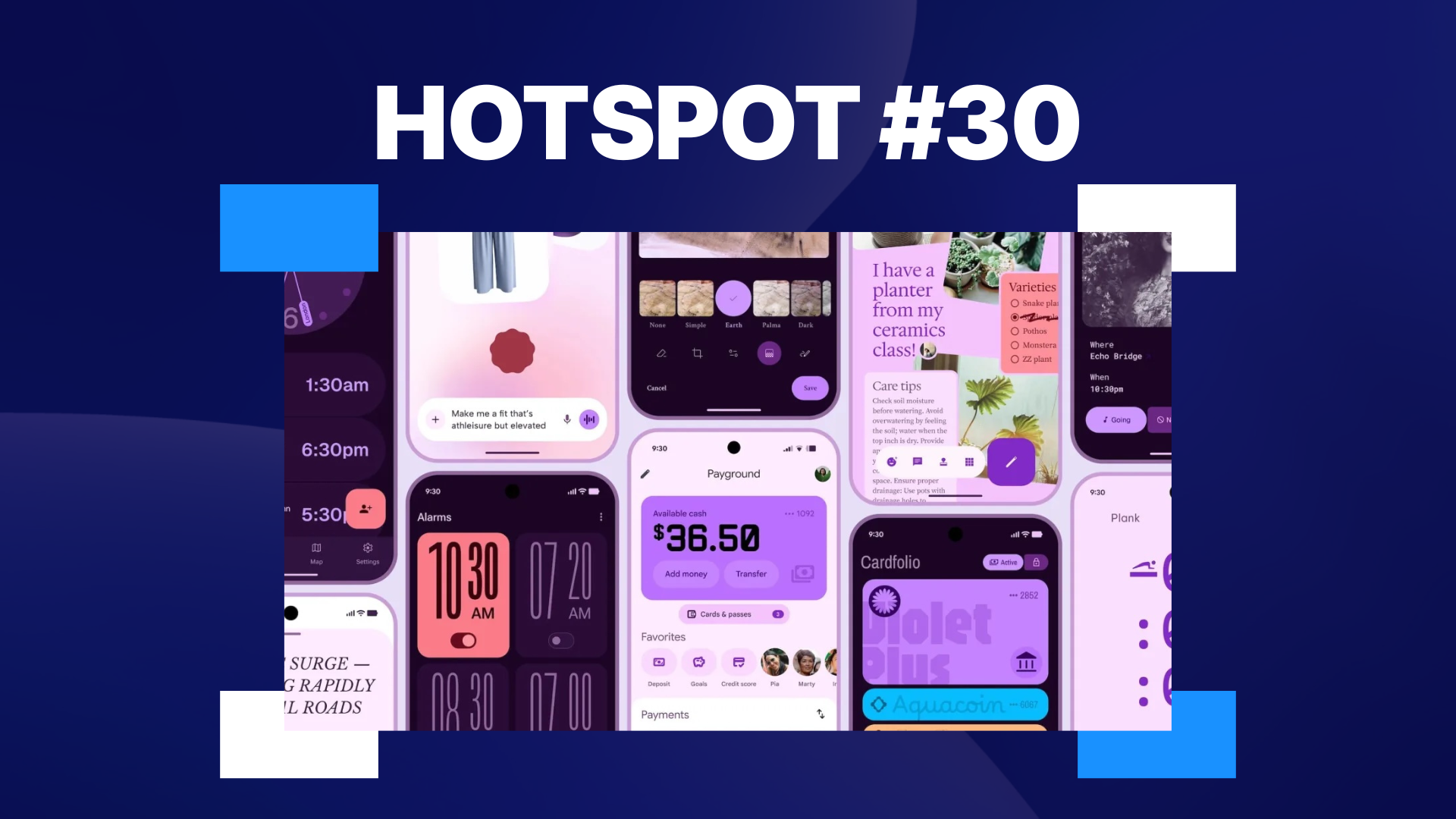
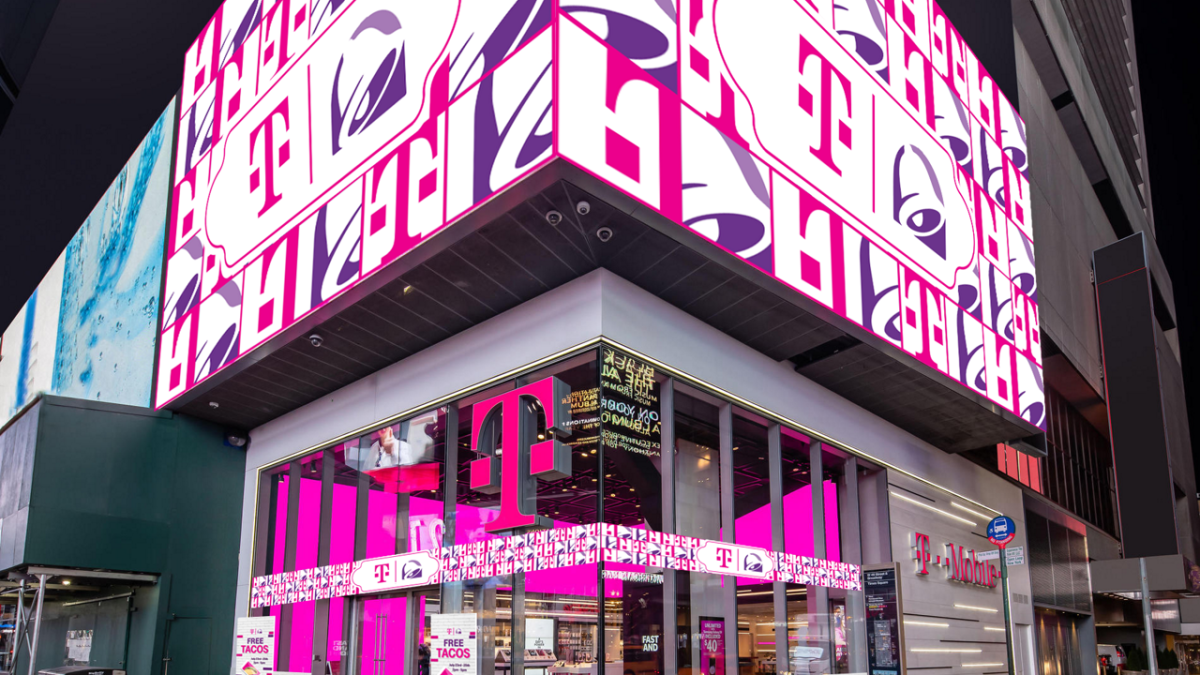
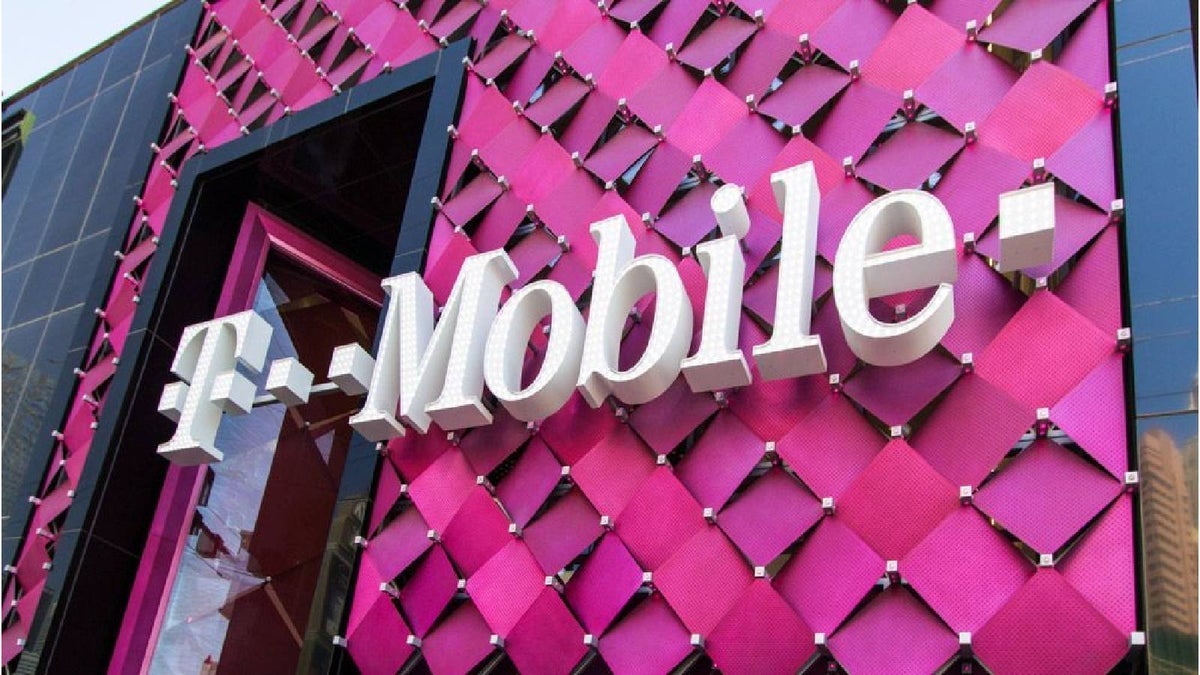
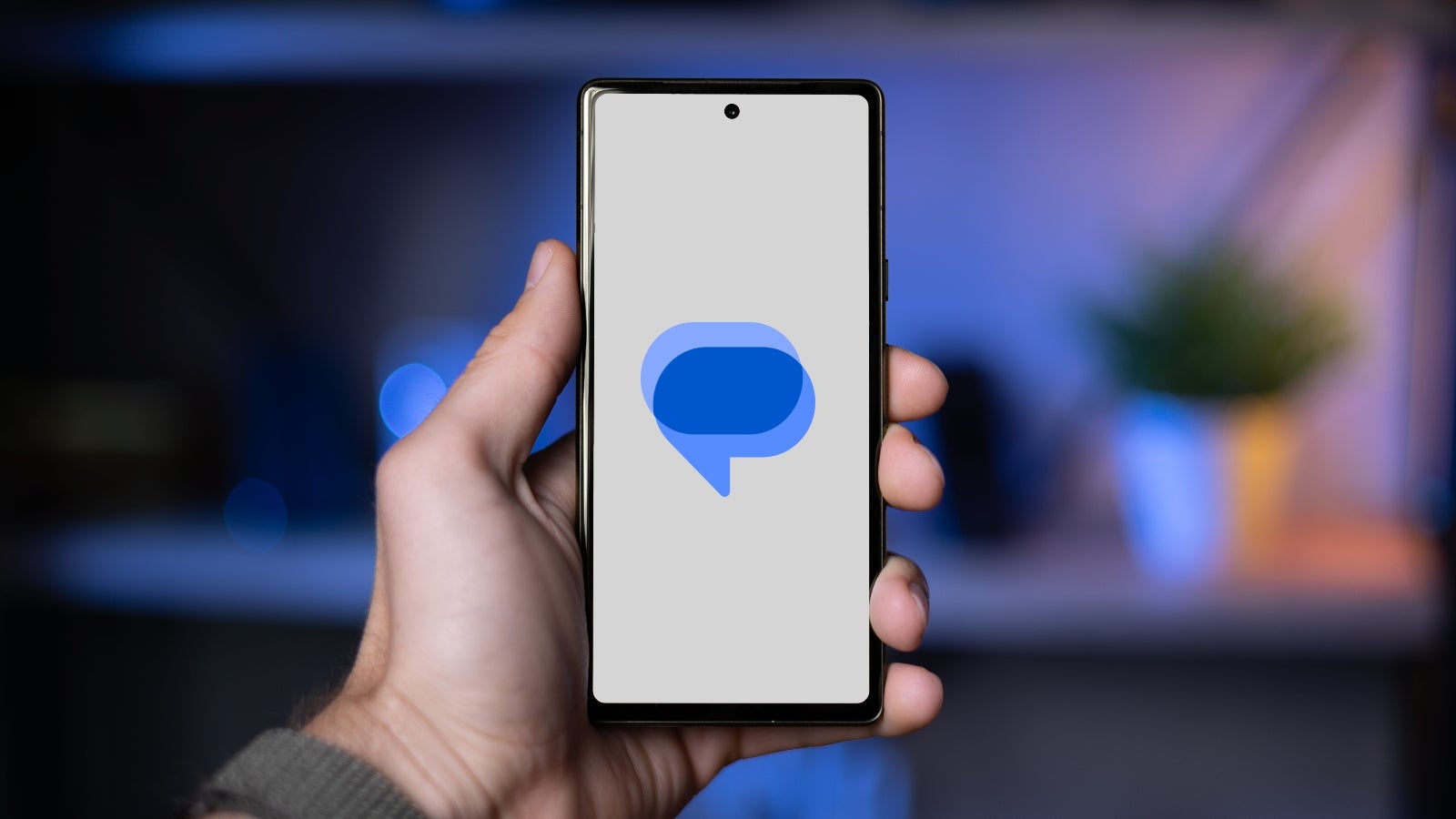






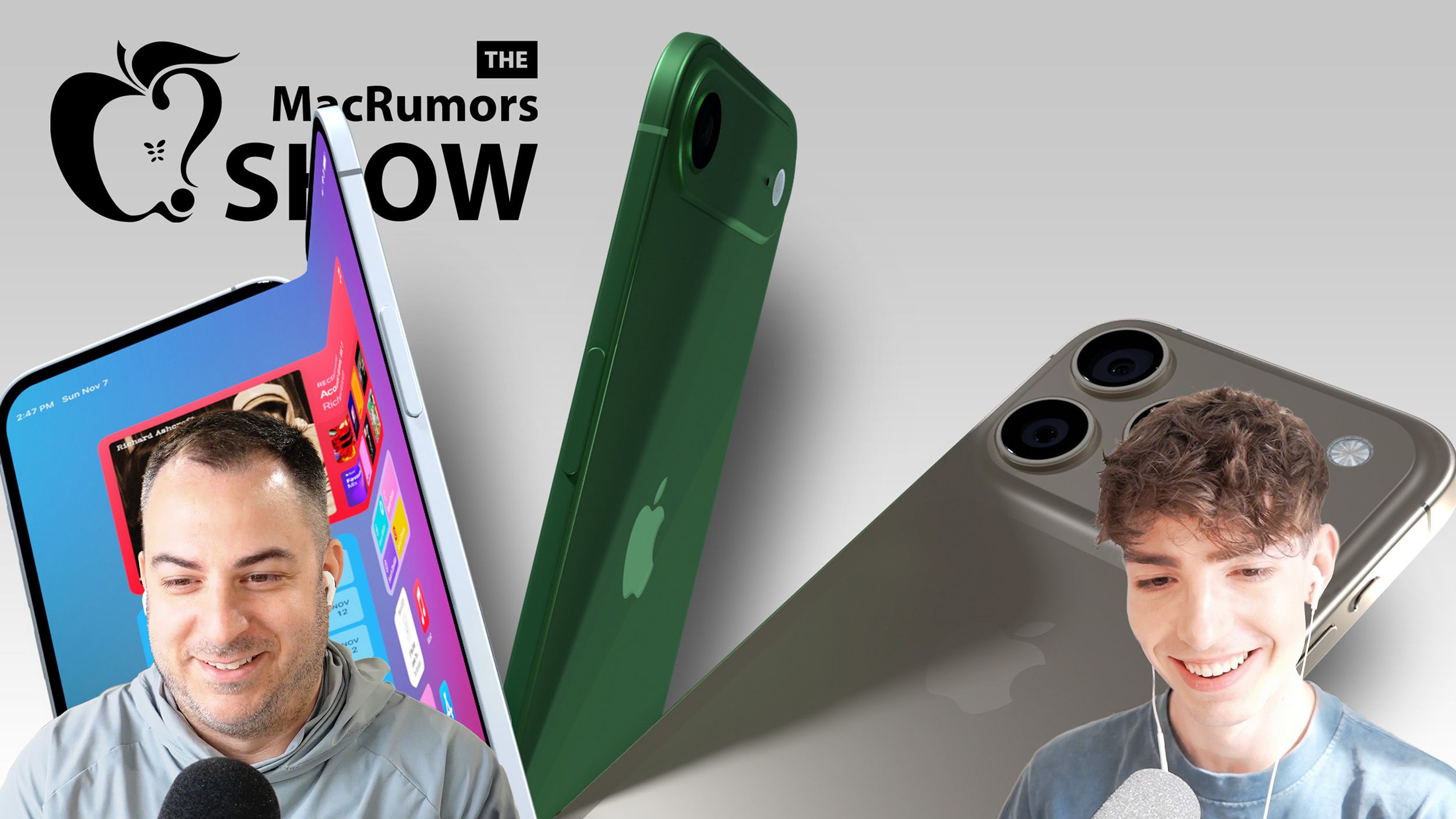






















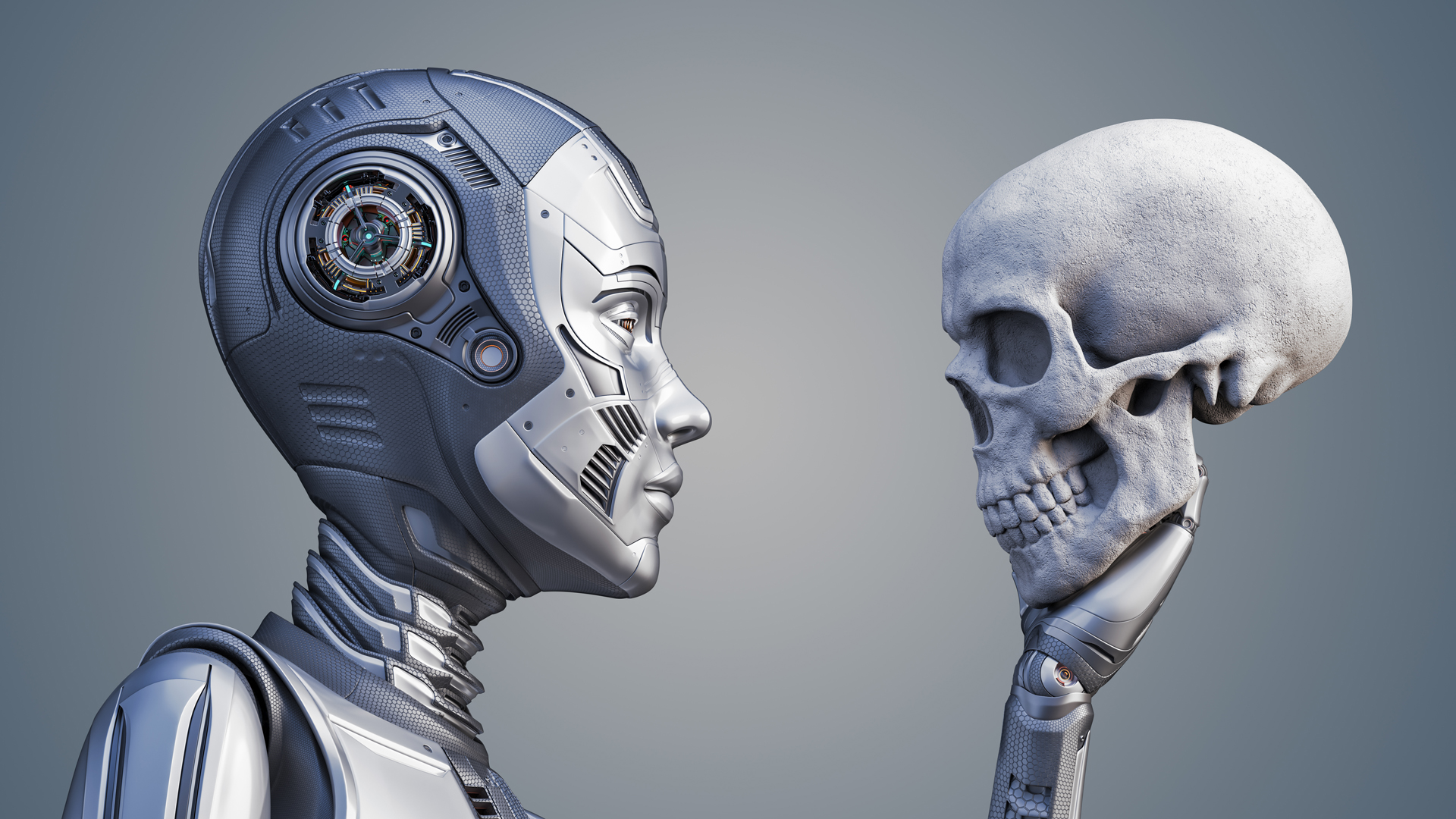
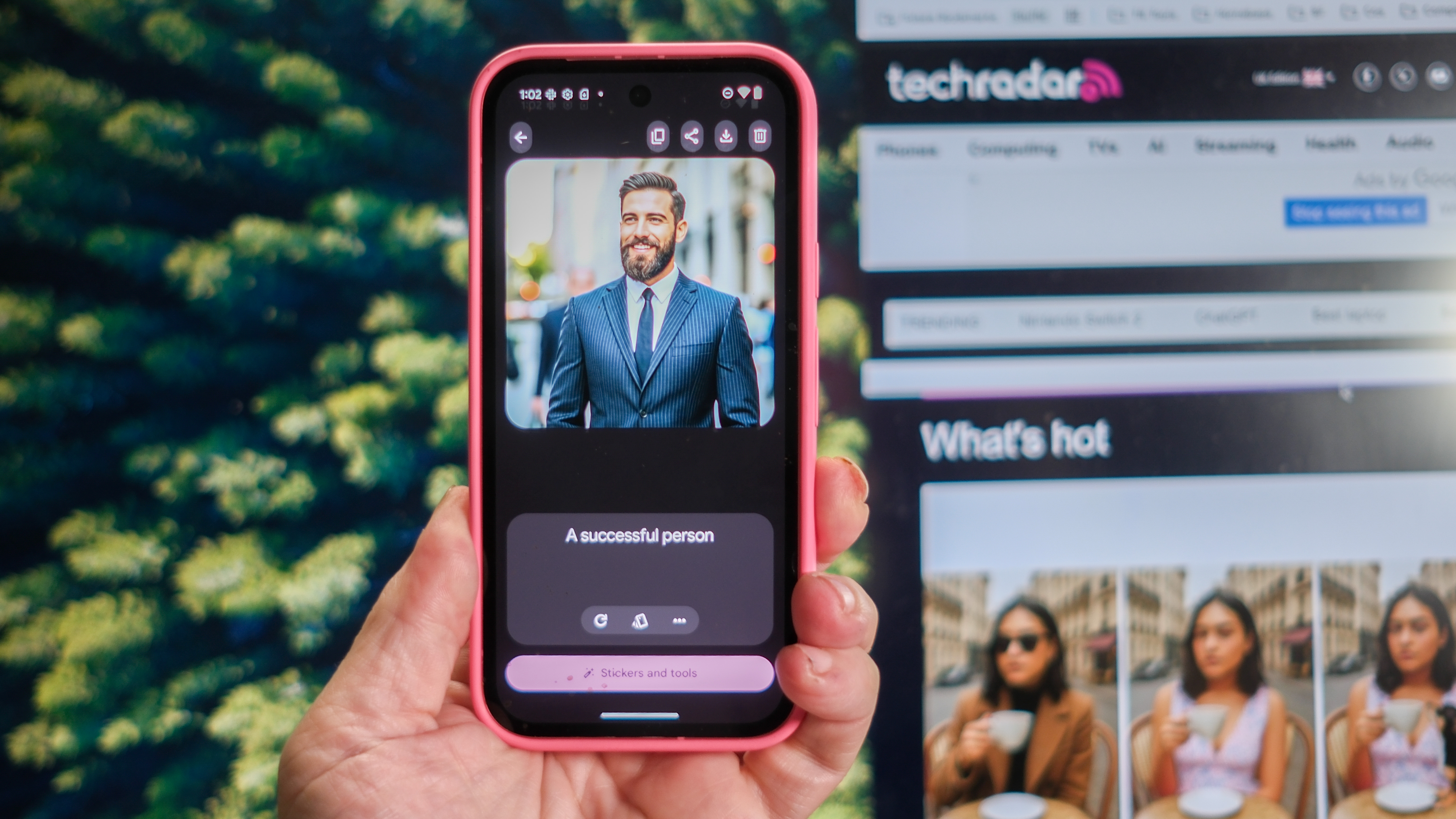
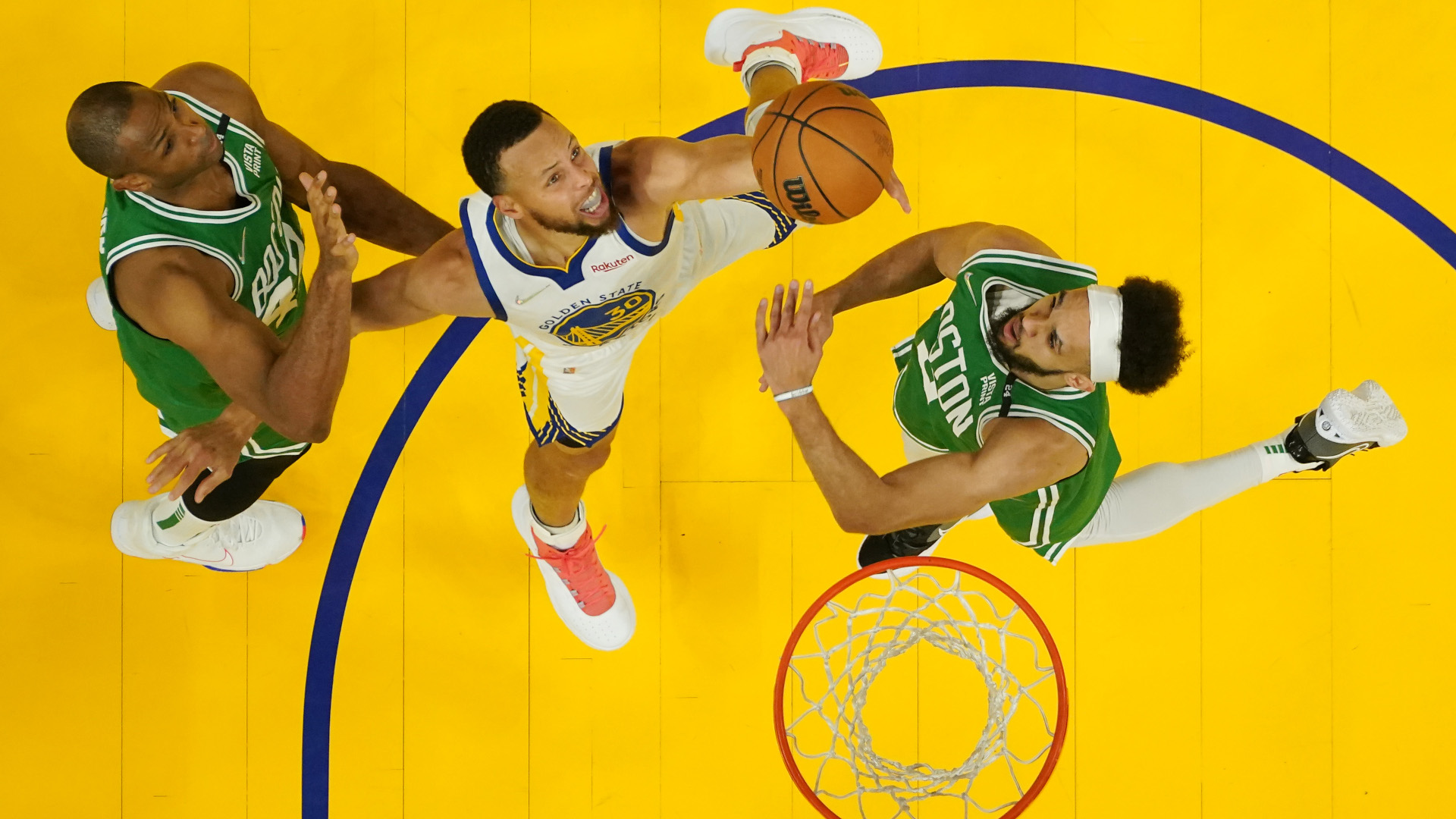
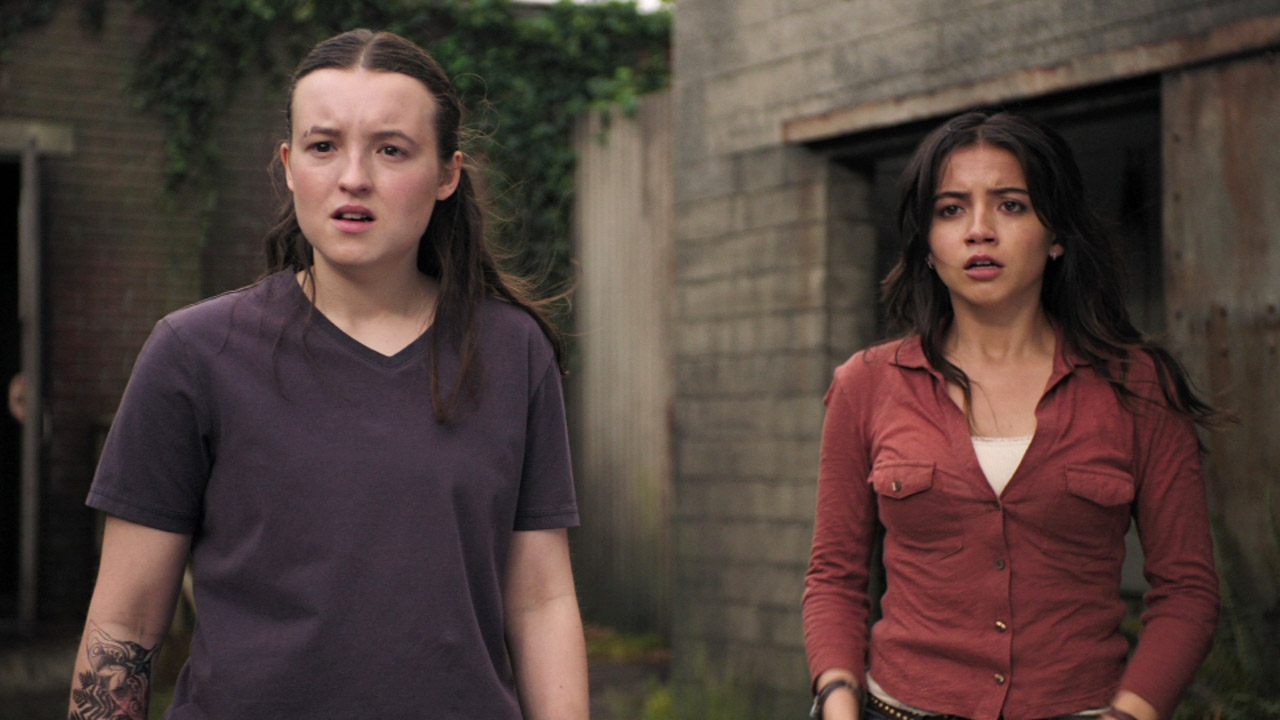
















![New iPad 11 (A16) On Sale for Just $277.78! [Lowest Price Ever]](https://www.iclarified.com/images/news/97273/97273/97273-640.jpg)

![Apple Foldable iPhone to Feature New Display Tech, 19% Thinner Panel [Rumor]](https://www.iclarified.com/images/news/97271/97271/97271-640.jpg)

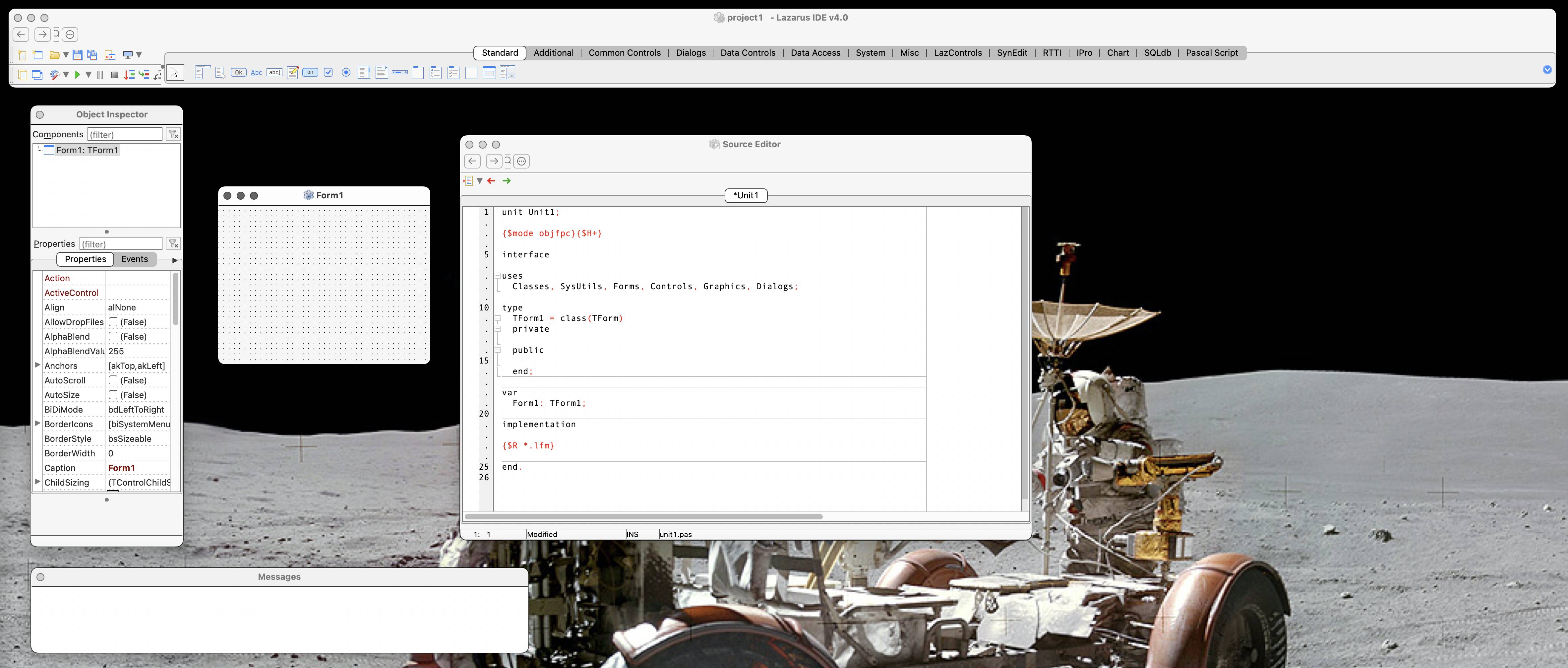
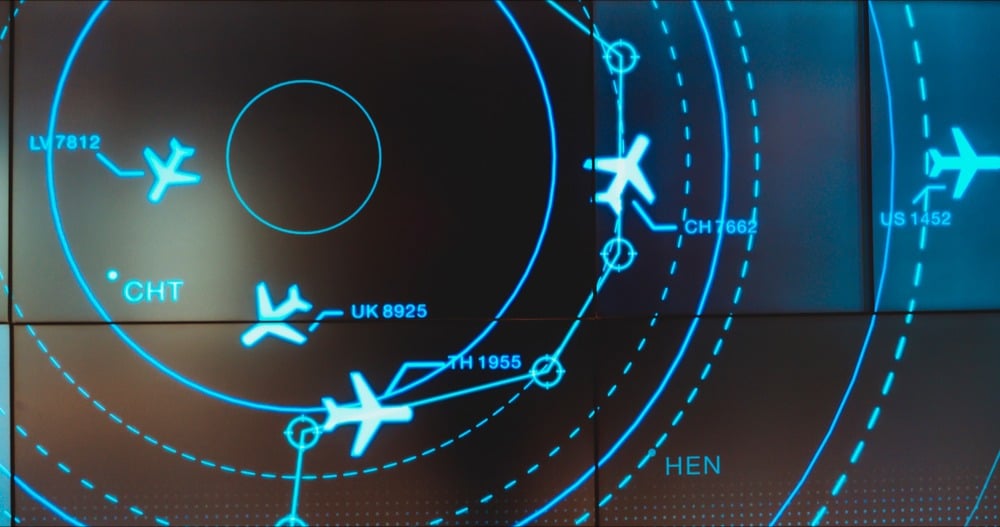















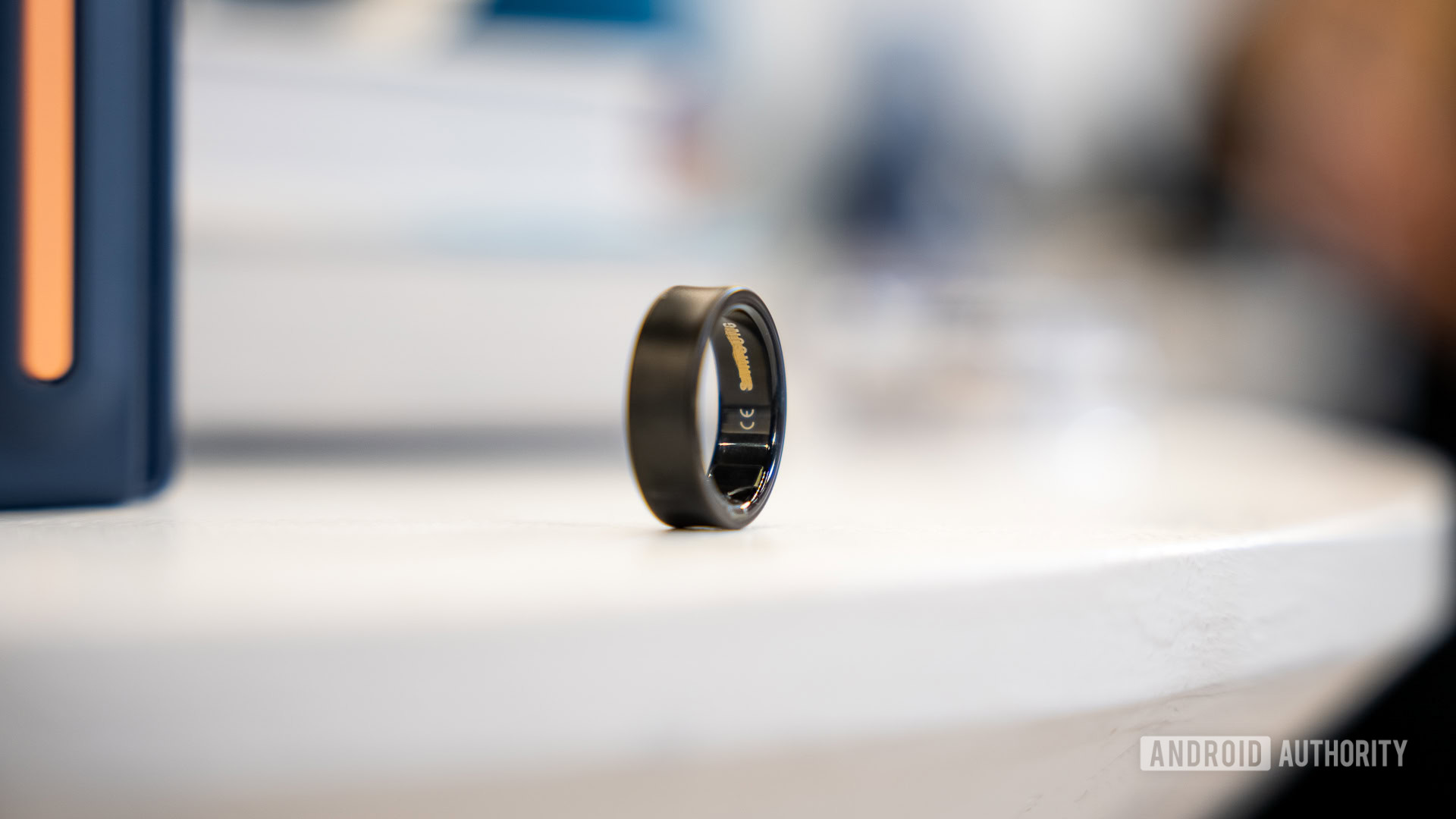



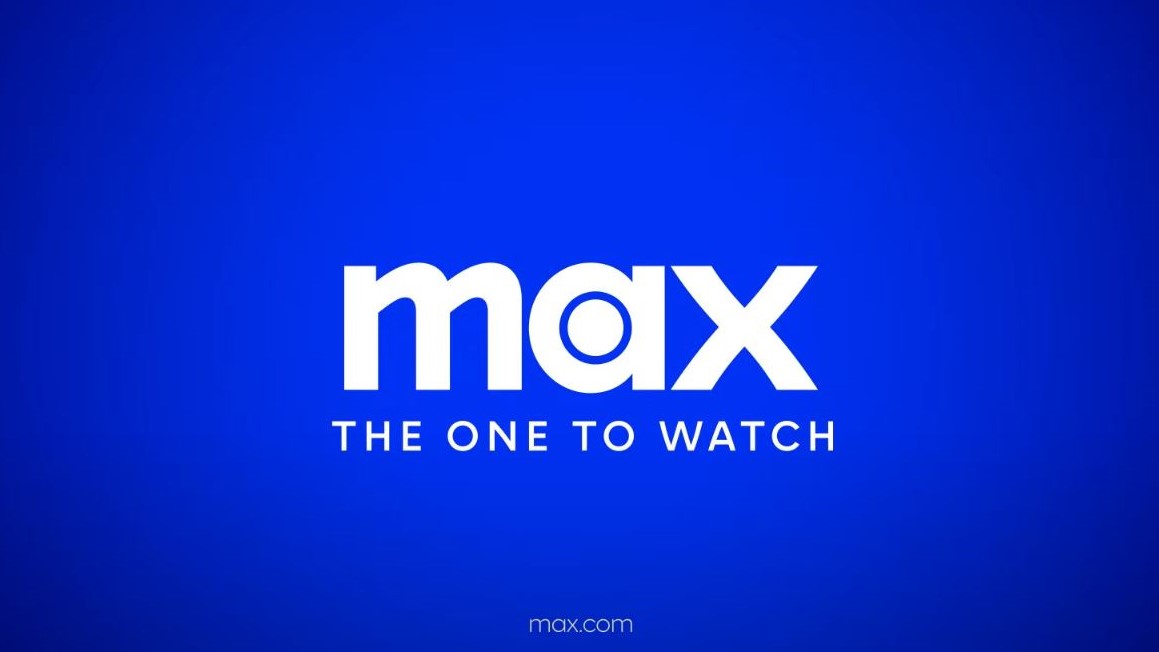
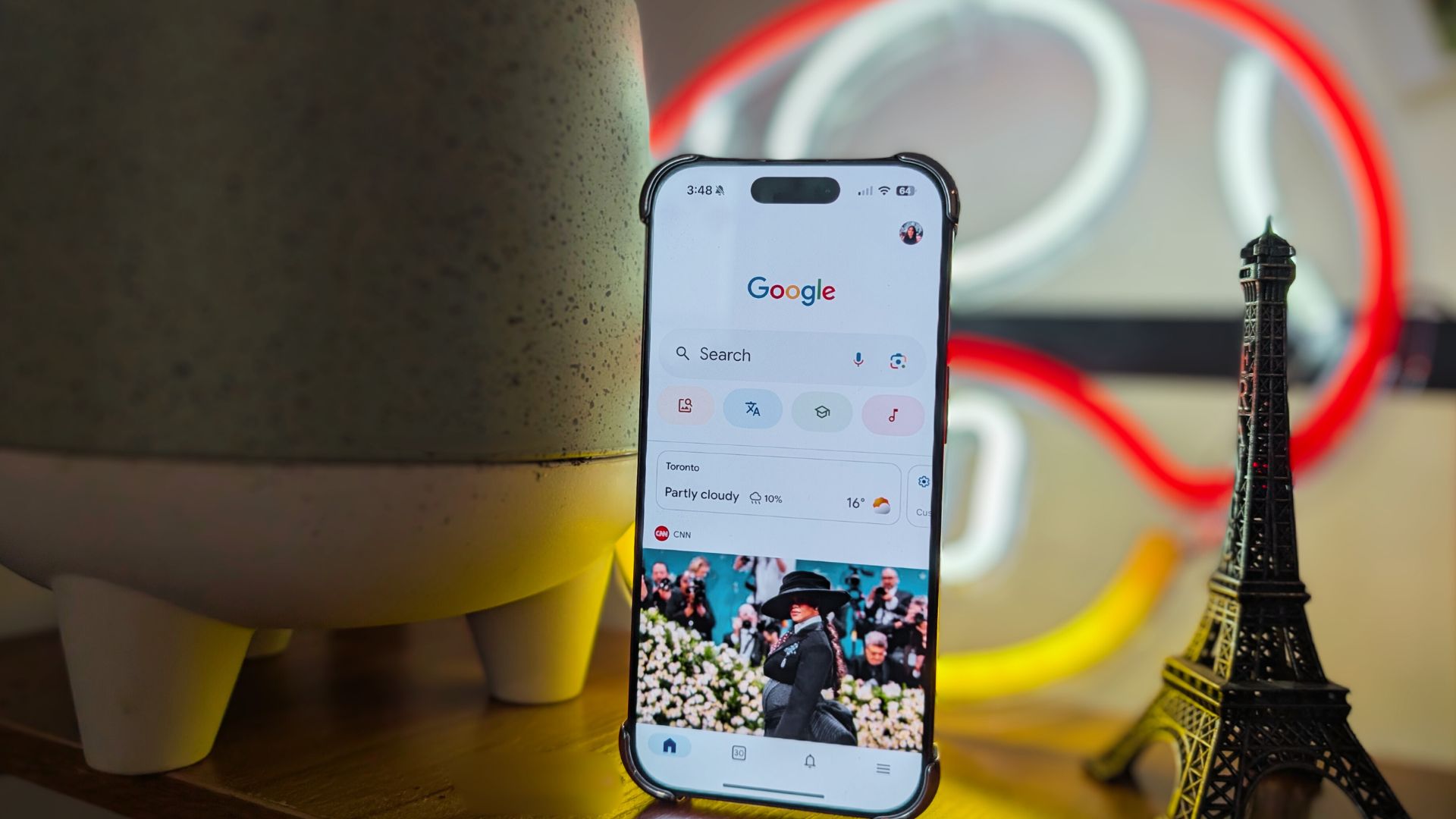
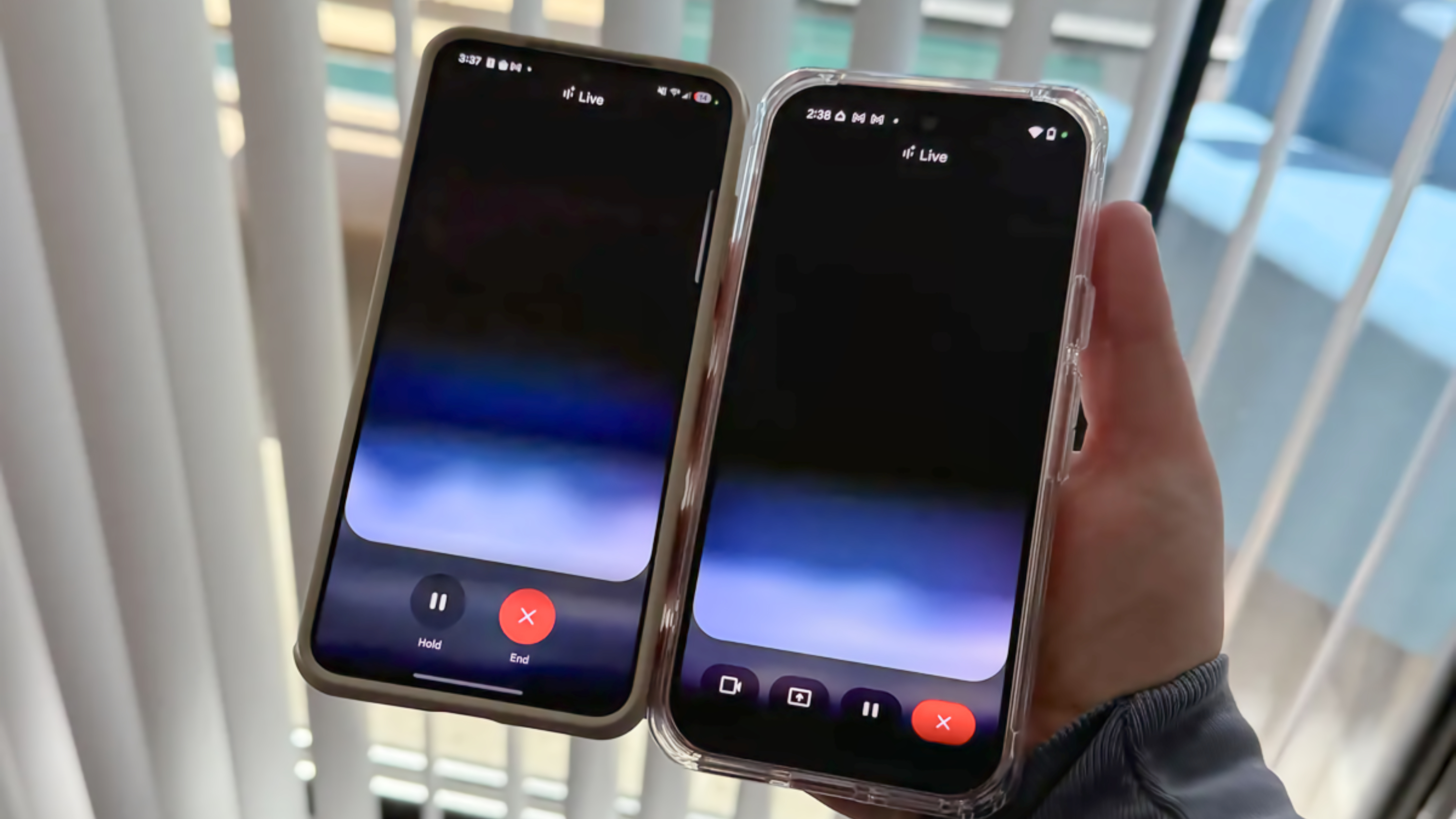


-xl.jpg)





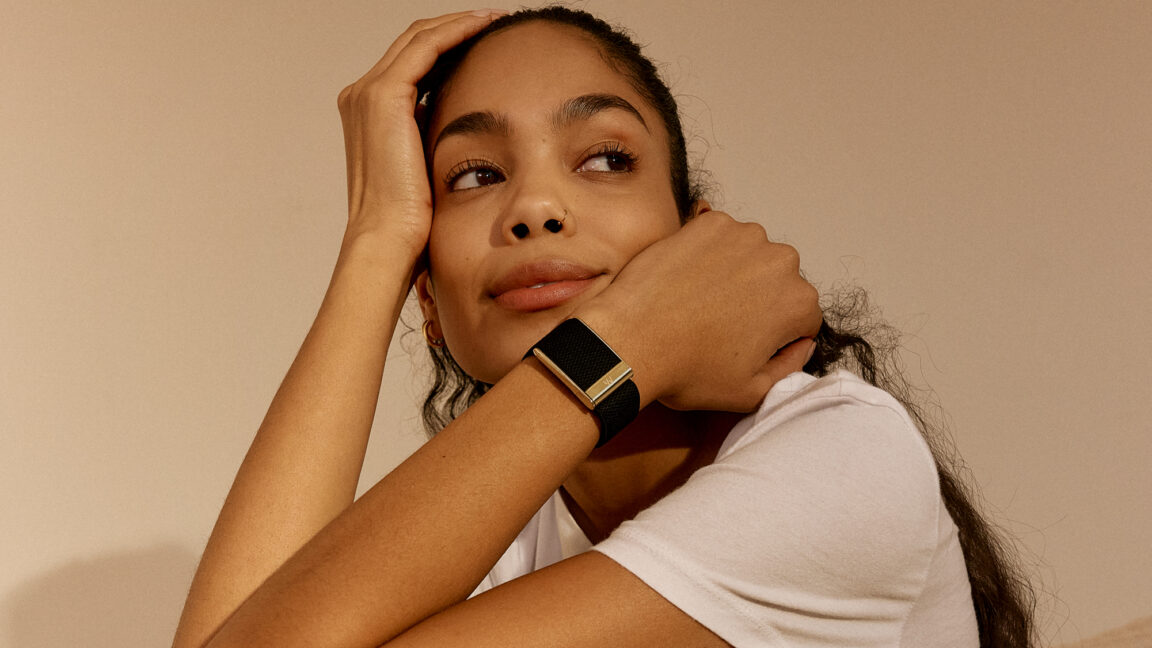




































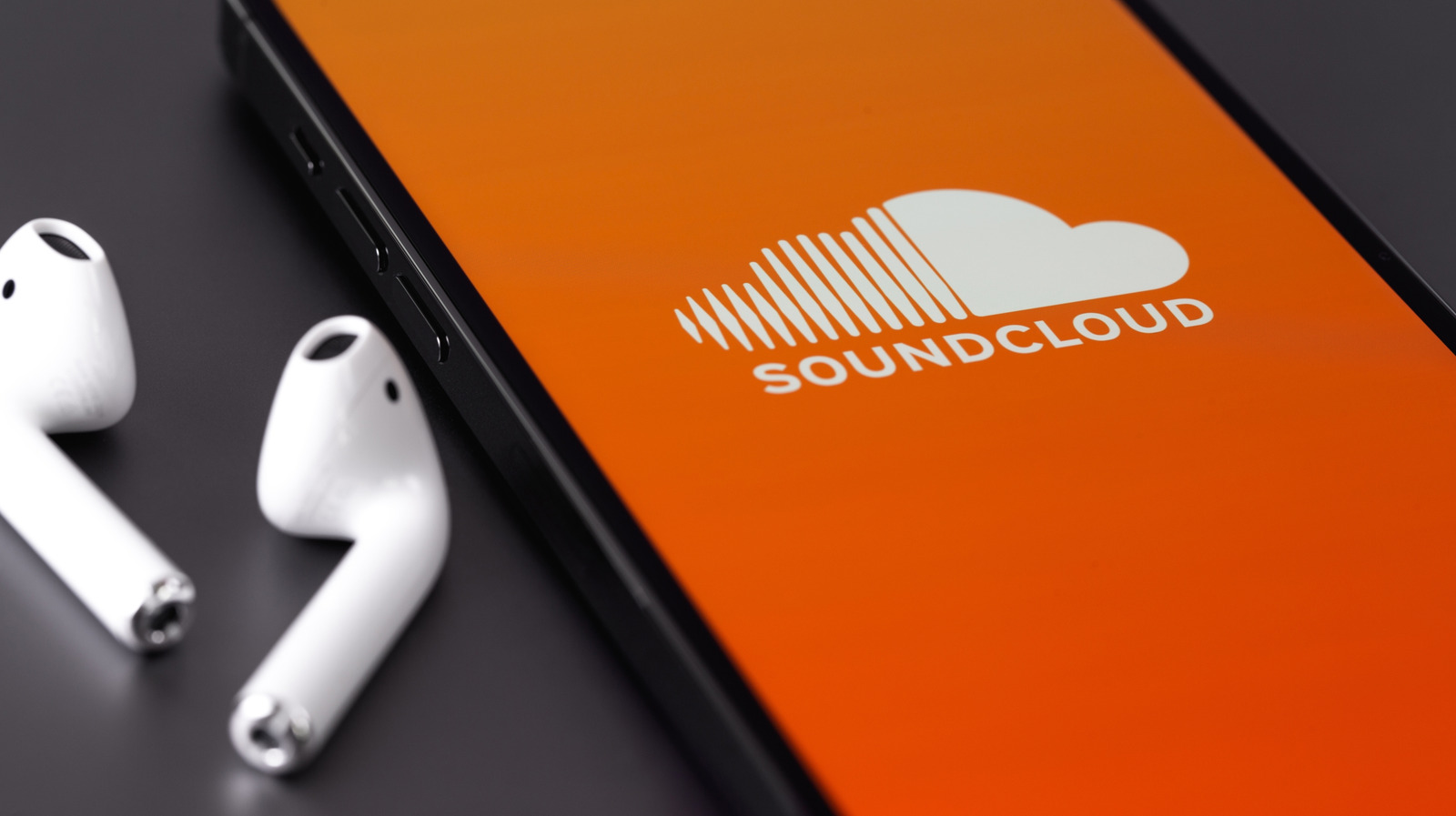











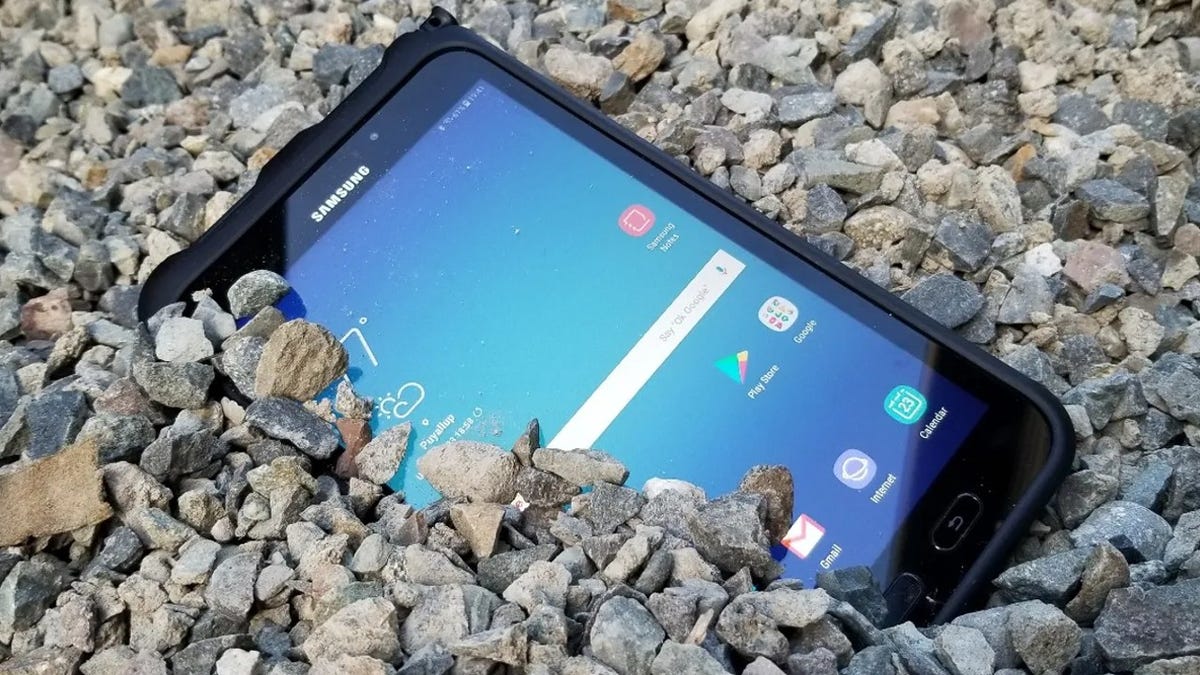



























 Evolved as a Predominant Framework for Ransomware Attacks.webp?#)






























































































































![[The AI Show Episode 146]: Rise of “AI-First” Companies, AI Job Disruption, GPT-4o Update Gets Rolled Back, How Big Consulting Firms Use AI, and Meta AI App](https://www.marketingaiinstitute.com/hubfs/ep%20146%20cover.png)


















































































































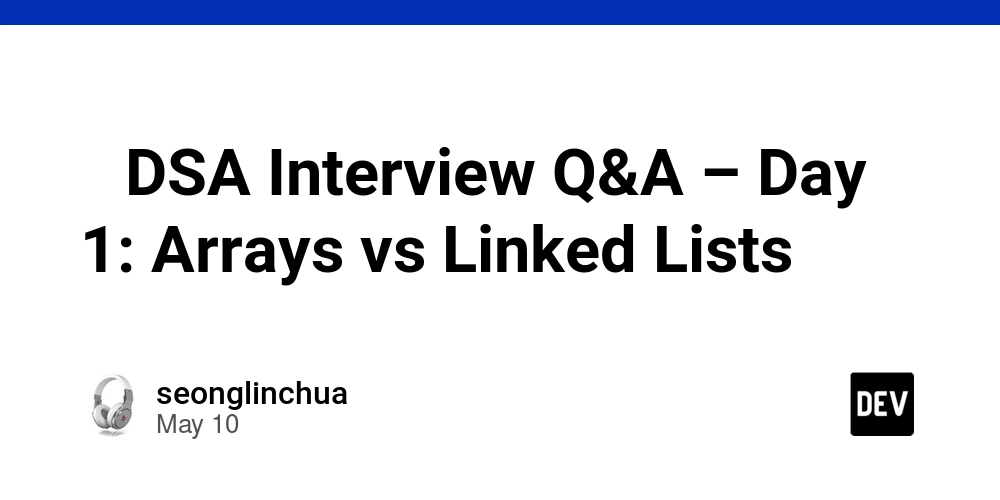
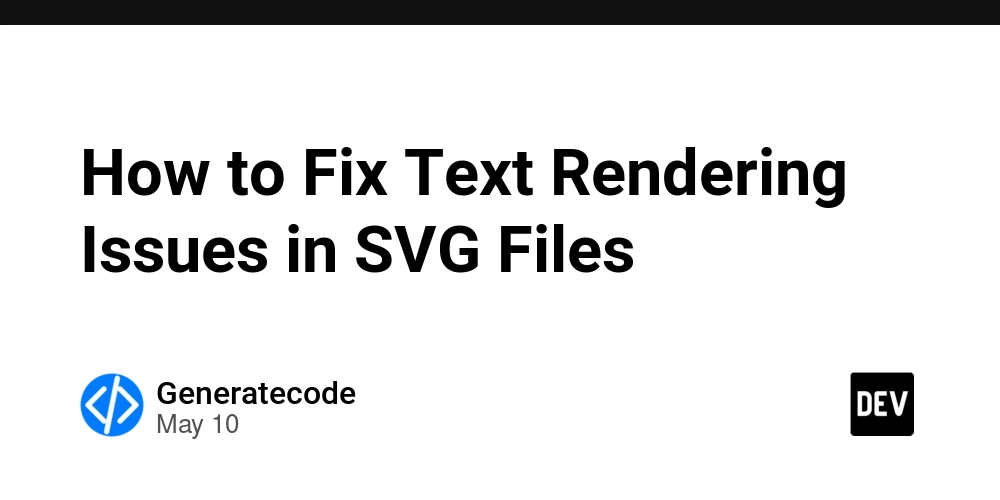













































![Ditching a Microsoft Job to Enter Startup Hell with Lonewolf Engineer Sam Crombie [Podcast #171]](https://cdn.hashnode.com/res/hashnode/image/upload/v1746753508177/0cd57f66-fdb0-4972-b285-1443a7db39fc.png?#)





























-Nintendo-Switch-2-Hands-On-Preview-Mario-Kart-World-Impressions-&-More!-00-10-30.png?width=1920&height=1920&fit=bounds&quality=70&format=jpg&auto=webp#)





















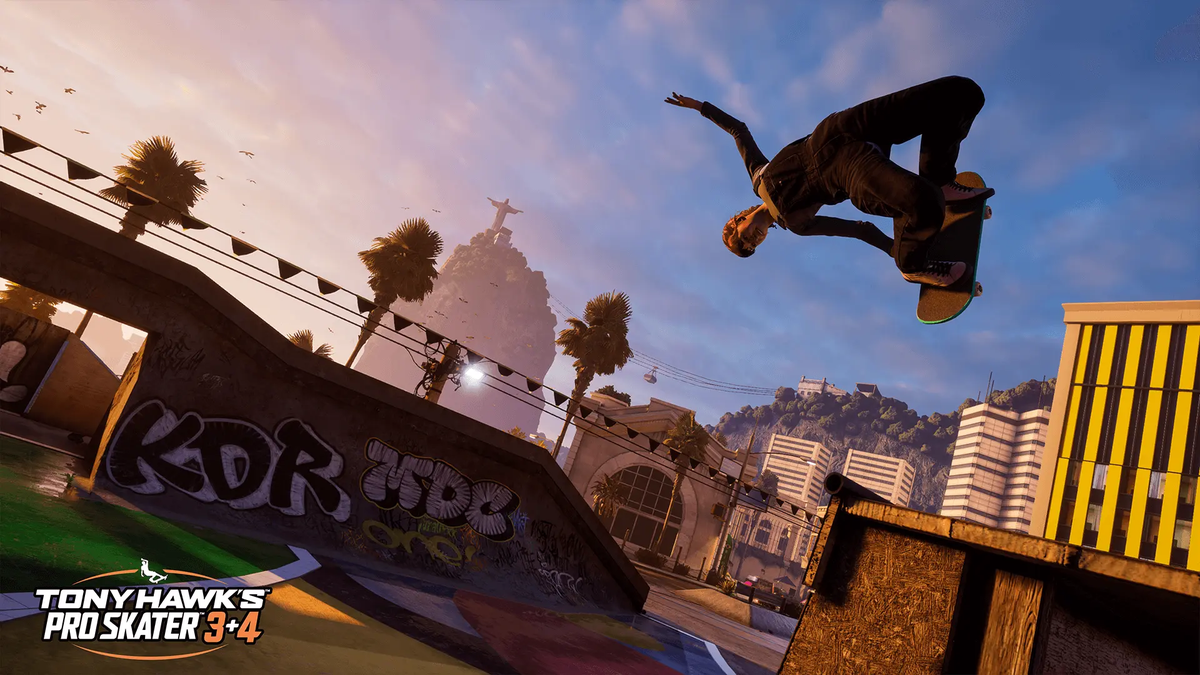
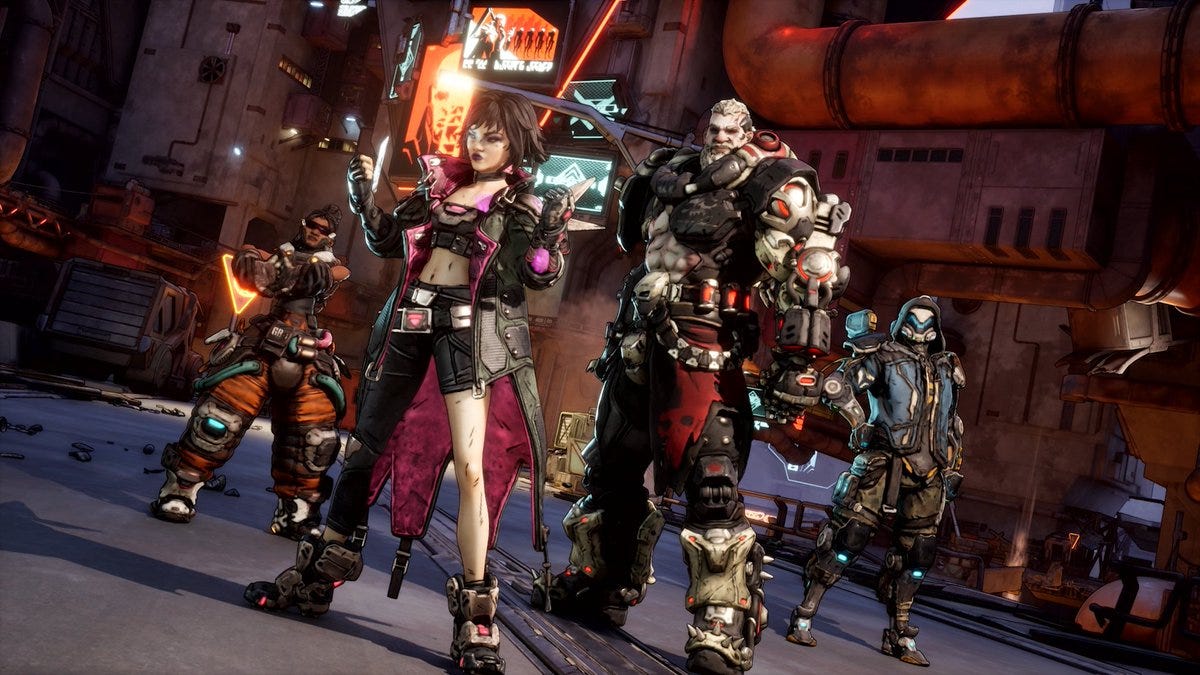
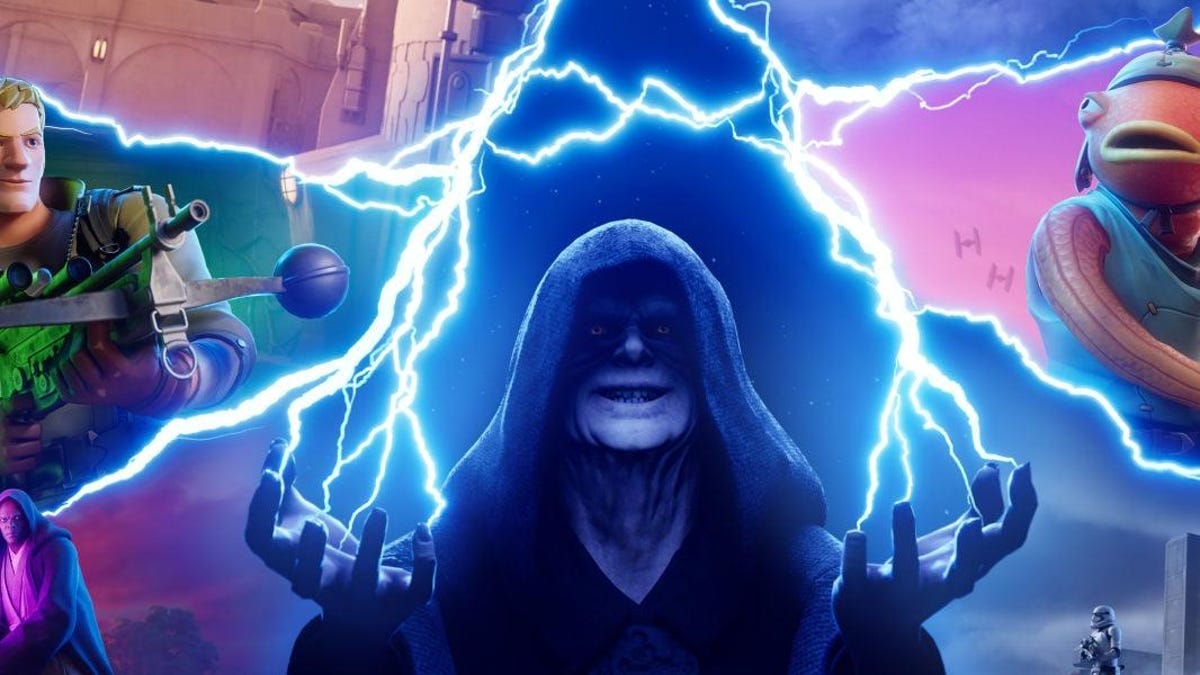




























.jpg?width=1920&height=1920&fit=bounds&quality=70&format=jpg&auto=webp#)
